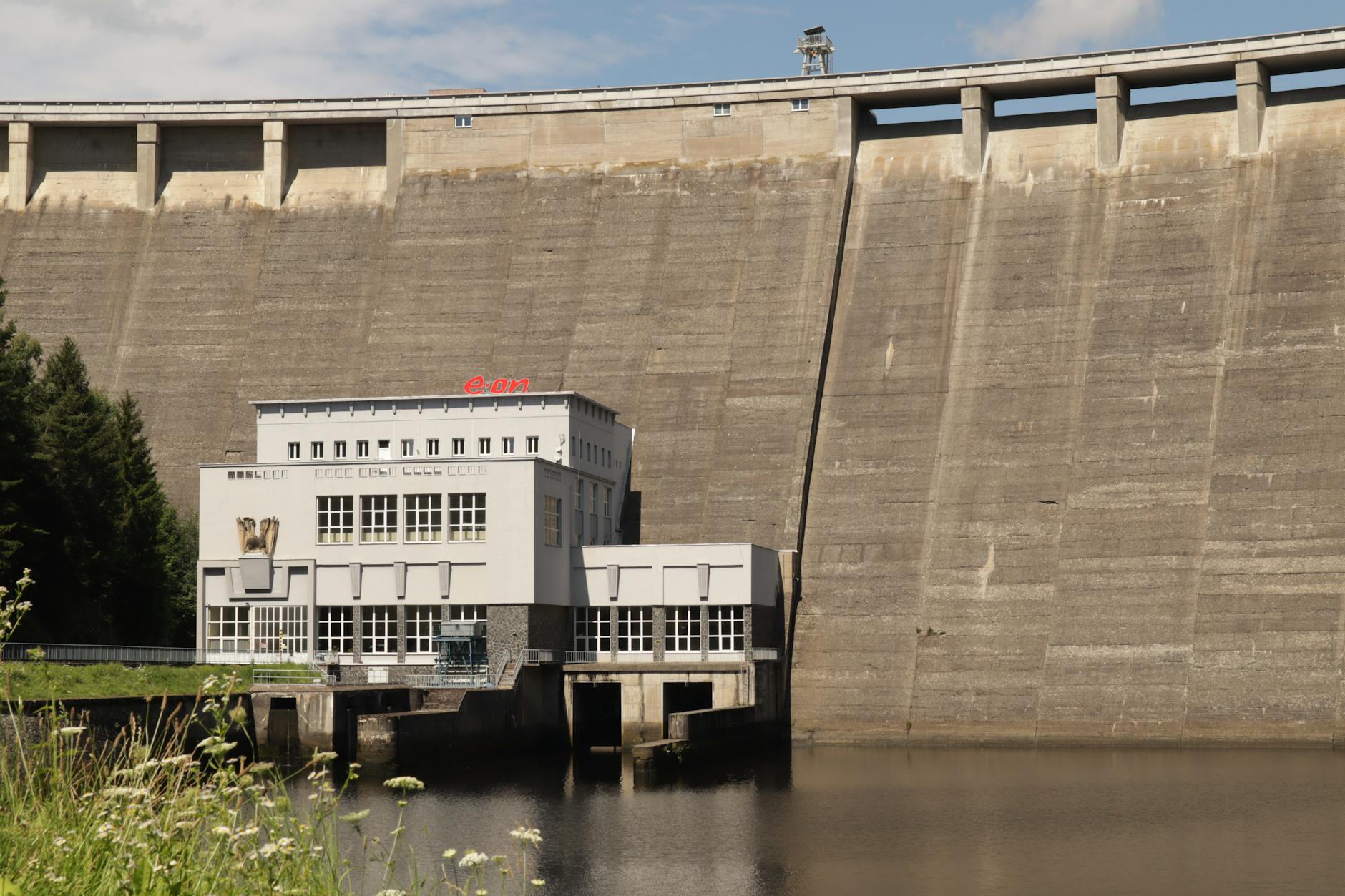- Understanding AI Optimization in Supply Chain Management
- Advantages of AI Optimization in Supply Chain Resilience
- Implementation of AI Optimization in Supply Chain Resilience
- Case Study: How Company X Transformed its Supply Chain with AI Optimization
- The Future of Supply Chain Resilience with AI Optimization
AI Optimization: Boost Supply Chain Resilience with Effortless Efficiency
In today’s fast-paced and dynamic business environment, supply chain resilience is paramount. The ability to quickly adapt and respond to disruptions can make or break a company’s success. Leveraging Artificial Intelligence (AI) optimization is a game-changer for businesses looking to enhance their supply chain resilience effortlessly and efficiently.
Understanding AI Optimization in Supply Chain Management
AI optimization in supply chain management involves the application of advanced algorithms and machine learning techniques to streamline and improve various processes within the supply chain. By harnessing the power of AI, organizations can automate decision-making, optimize resource allocation, predict demand fluctuations, and enhance overall operational efficiency.
Advantages of AI Optimization in Supply Chain Resilience
1. Real-time Data Analysis: AI algorithms can process vast amounts of data in real-time, enabling companies to make proactive decisions based on up-to-date information. This capability is crucial for identifying patterns, trends, and potential risks within the supply chain.
2. Predictive Analytics: AI-powered predictive analytics can forecast demand, potential disruptions, and market trends with a high degree of accuracy. By leveraging these insights, businesses can adapt their strategies proactively and mitigate risks before they impact operations.
3. Optimized Inventory Management: AI optimization helps businesses optimize their inventory levels by accurately predicting demand and supply fluctuations. This ensures that companies maintain optimal stock levels, reduce excess inventory costs, and minimize stockouts.
Implementation of AI Optimization in Supply Chain Resilience
The successful implementation of AI optimization in supply chain resilience requires a strategic approach and a clear understanding of how AI technologies can be leveraged effectively. Here are some key steps to consider:
1. Data Integration: Ensure seamless integration of data sources across the supply chain to enable AI algorithms to access and analyze relevant information effectively.
2. Model Development: Develop robust AI models tailored to specific supply chain processes and objectives, such as demand forecasting, route optimization, or inventory management.
3. Continuous Monitoring: Regularly monitor AI algorithms’ performance and tweak them as needed to ensure optimal results and adapt to changing market conditions.
Case Study: How Company X Transformed its Supply Chain with AI Optimization
Company X, a leading global retailer, faced challenges in managing its complex supply chain network efficiently. By implementing AI optimization solutions, the company revolutionized its supply chain operations. AI algorithms were used to predict customer demand accurately, optimize inventory levels, and streamline logistics operations.
As a result, Company X achieved significant cost savings, reduced lead times, and improved customer satisfaction levels. The implementation of AI optimization not only enhanced the company’s supply chain resilience but also positioned it as a market leader in the retail industry.
The Future of Supply Chain Resilience with AI Optimization
The future of supply chain resilience lies in embracing AI optimization solutions that offer seamless integration, predictive analytics, and real-time decision-making capabilities. As technology continues to evolve, businesses that leverage AI to enhance their supply chain operations will gain a competitive edge and thrive in an increasingly volatile and uncertain market landscape.
In conclusion, AI optimization is a transformative tool for boosting supply chain resilience with effortless efficiency. By harnessing the power of AI, businesses can adapt quickly to changing market dynamics, mitigate risks, and optimize their supply chain operations for long-term success. Embracing AI optimization is not just a strategic choice but a necessity for businesses looking to stay ahead in today’s competitive business landscape.


